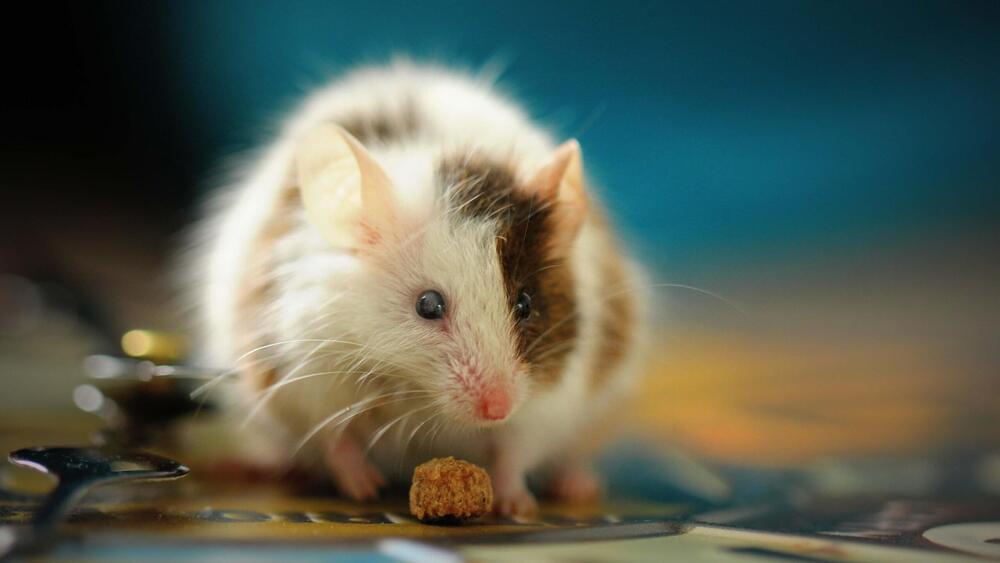When young, these neurons signal fatty tissues to release energy fueling the brain. With age, the line breaks down. Fat cells can no longer orchestrate their many roles, and neurons struggle to pass information along their networks.
Using genetic and chemical methods, the team found a marker for these neurons—a protein called Ppp1r17 (catchy, I know). Changing the protein’s behavior in aged mice with genetic engineering extended their life span by roughly seven percent. For an average 76-year life span in humans, the increase translates to over five years.
The treatment also altered the mice’s health. Mice love to run, but their vigor plummets with age. Reactivating the neurons in elderly mice revived their motivation, transforming them from couch potatoes into impressive joggers.










Comments are closed.